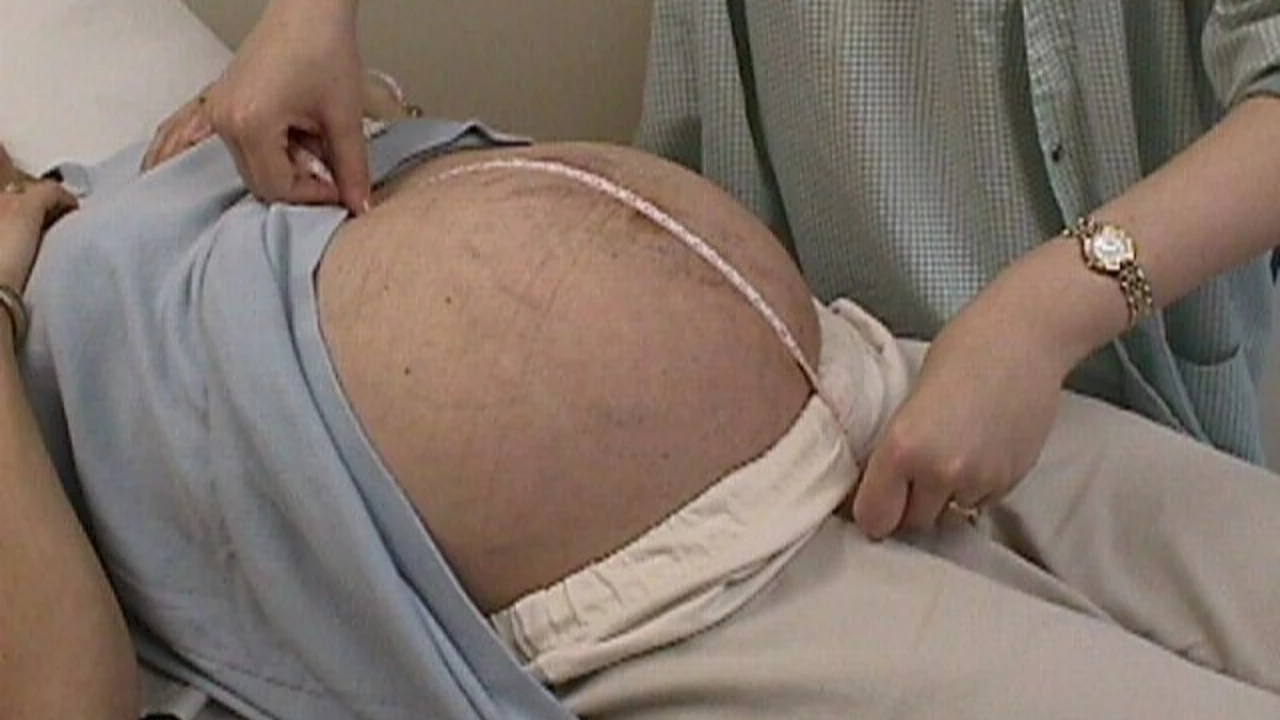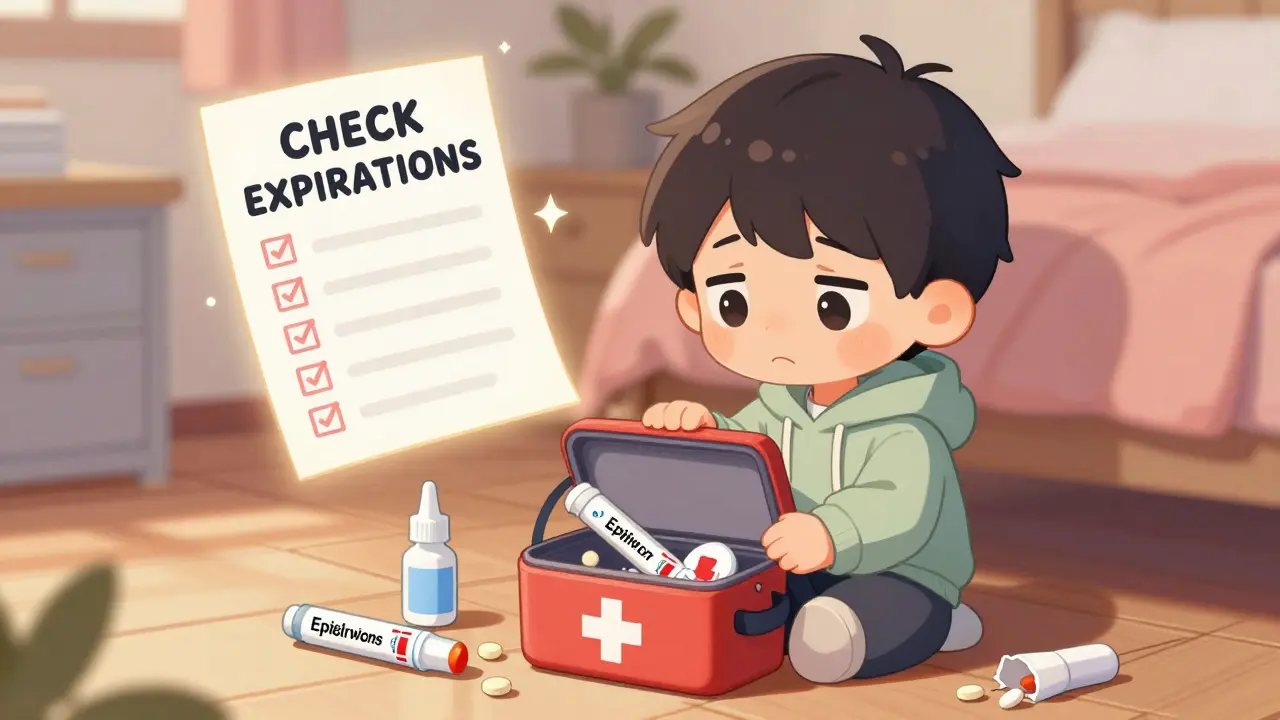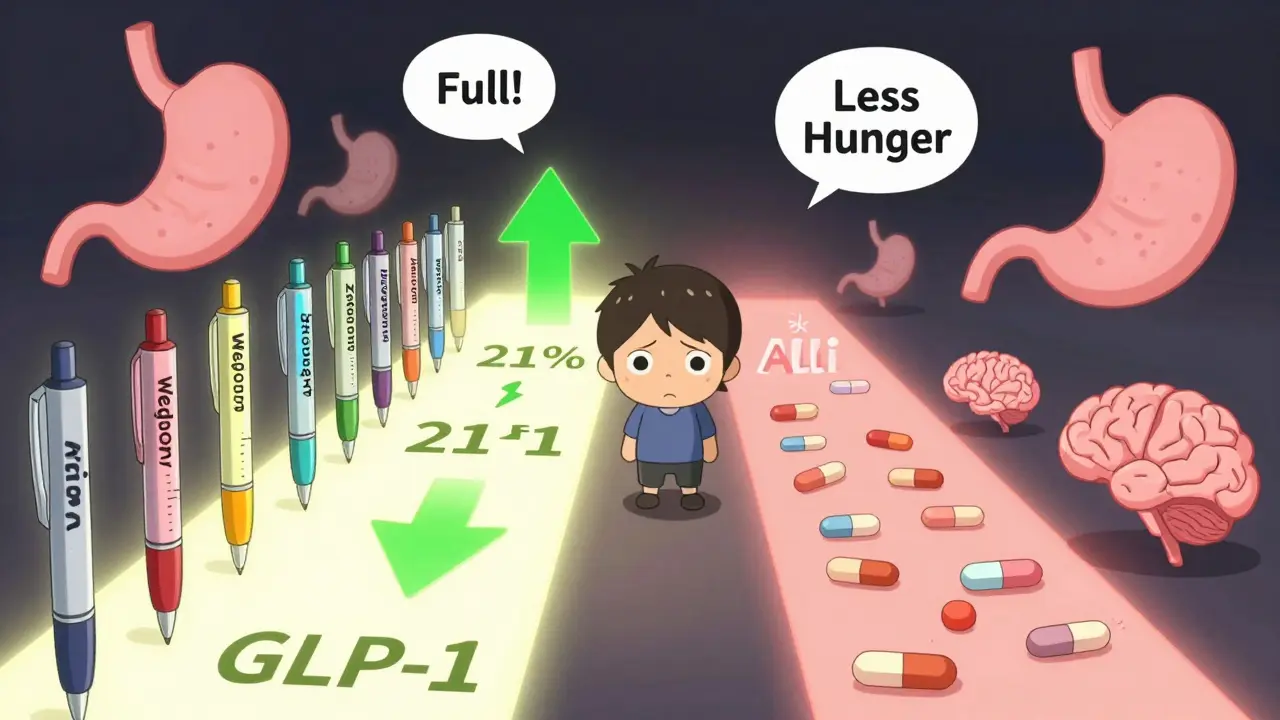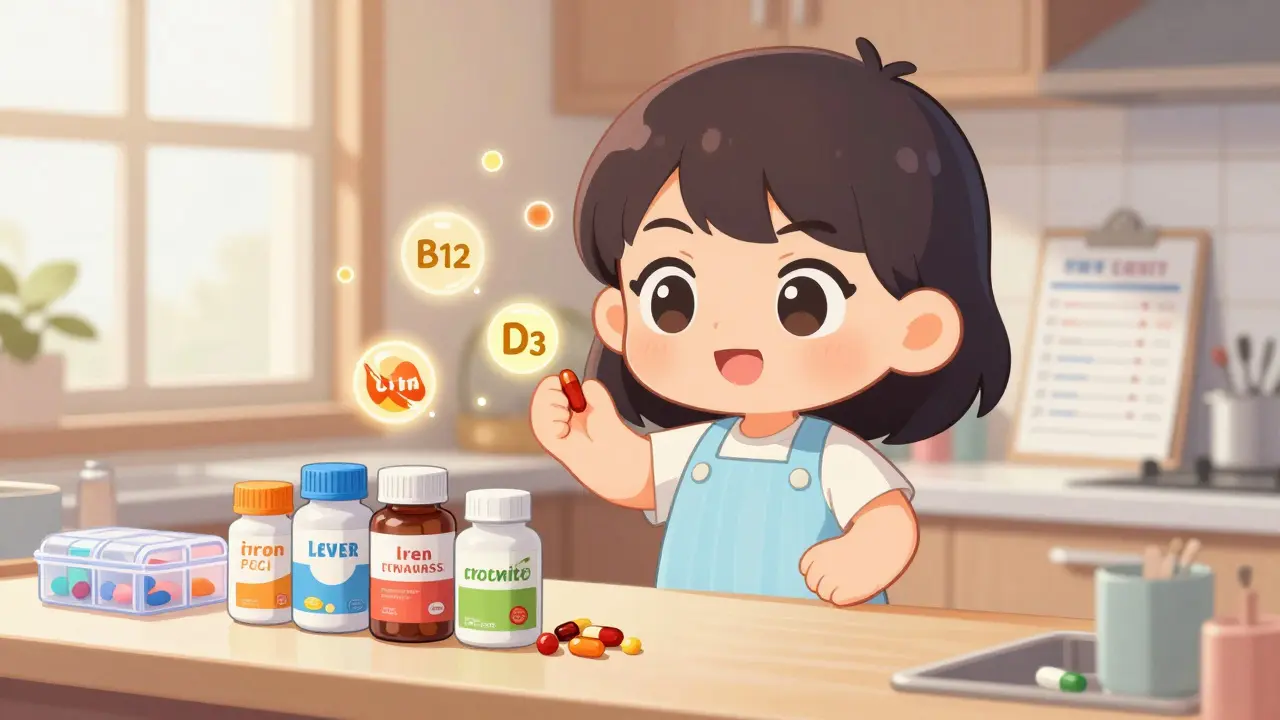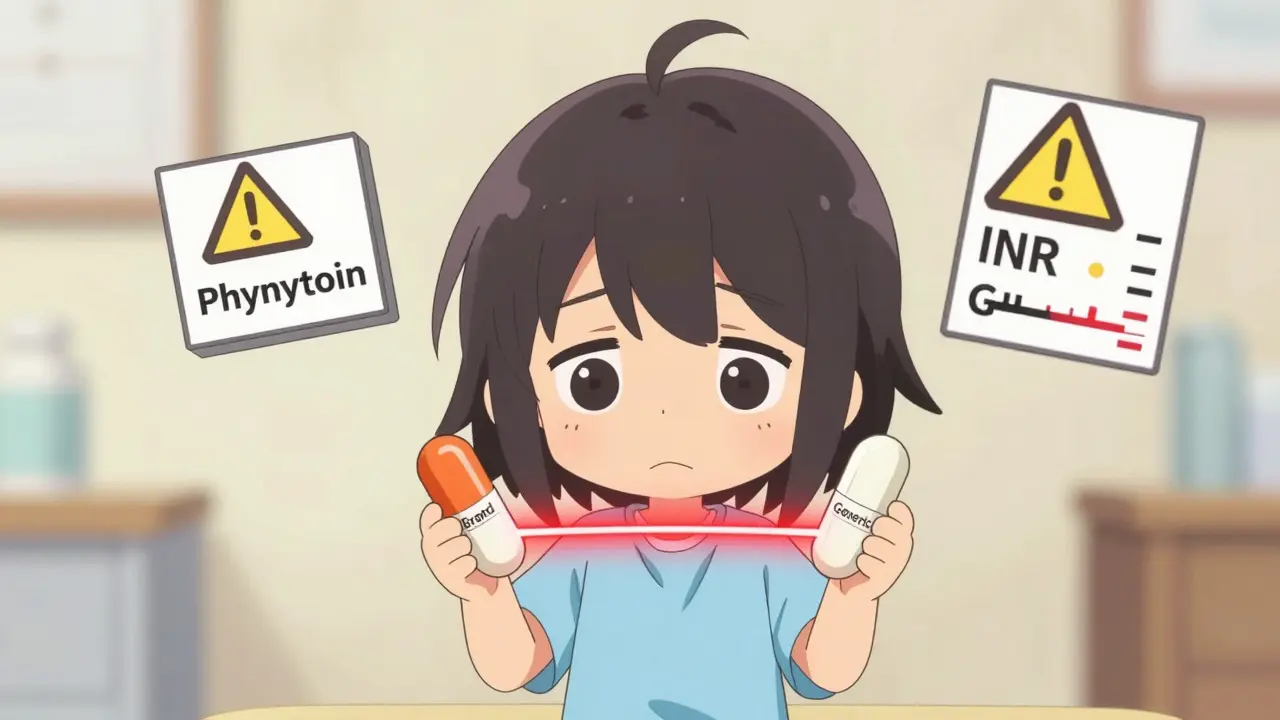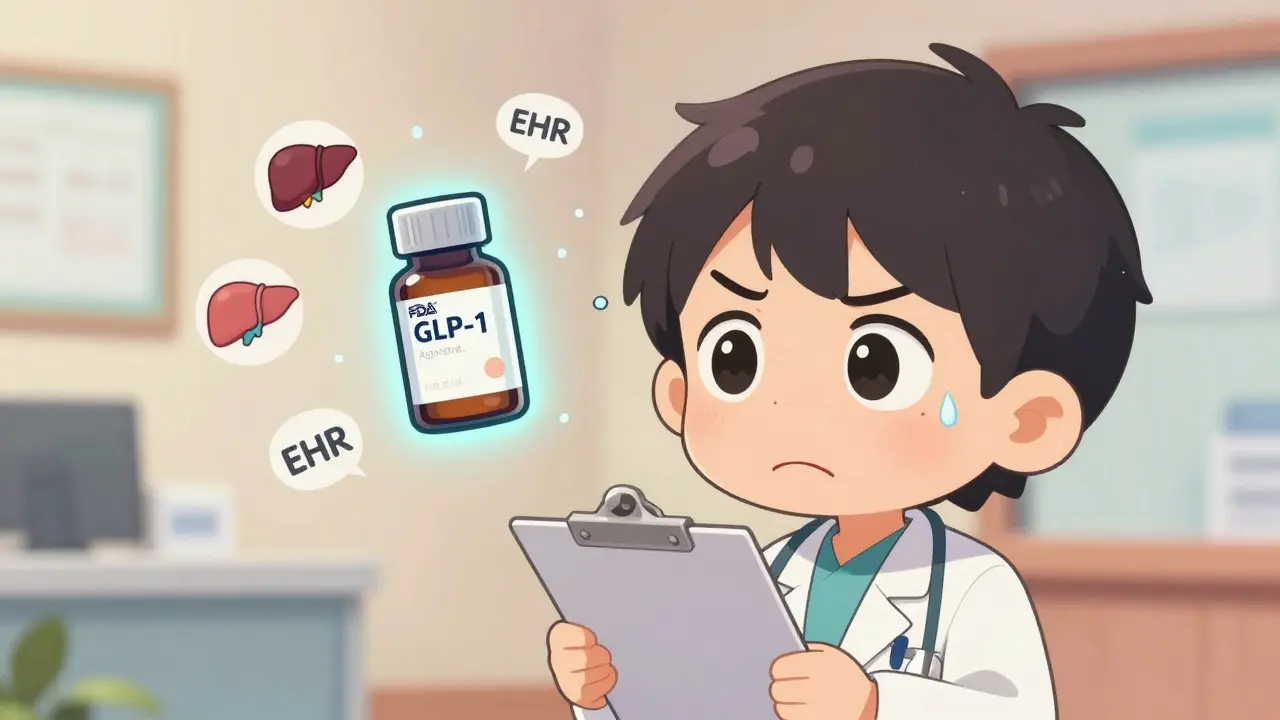Precautions You Need Before Taking Any Medication
Ever grabbed a pill without a second thought? It happens, but a few quick checks can stop headaches, side‑effects, or worse. Below are the everyday steps you should follow whenever you start a new tablet, syrup, or supplement.
Check the label and dosage
First thing – read the label. Look for the active ingredient, strength, and how often you should take it. If the dose is listed in milligrams, use the exact measuring device that comes with the medicine; kitchen spoons are not accurate. When you’re unsure, a short call to your pharmacist clears things up in minutes.
Know your interactions
Mixing drugs can be tricky. Even a harmless‑looking herbal tea might boost the effect of a prescription, while some over‑the‑counter painkillers can clash with blood thinners. Keep a running list of everything you take – prescriptions, vitamins, herbs – and show it to any doctor you visit. A quick check on a drug‑interaction database (or a pharmacy chat) saves you from nasty surprises.
Store meds the right way. Most tablets prefer a cool, dry place away from sunlight; liquid syrups often need refrigeration after opening. Keeping medicines in the bathroom cabinet, where humidity spikes, can degrade them faster.
Don’t ignore warnings about food. Some antibiotics lose potency when taken with dairy, while others require a full stomach. The label usually tells you whether to take the pill with food, water, or on an empty stomach. Following that advice speeds up absorption and cuts down side‑effects.
Pay attention to your body’s signals. If you feel dizziness, rash, or unusual heartbeats after a dose, stop taking the drug and call your healthcare provider right away. Document the time, dose, and symptom – it helps the doctor decide what’s happening.
Keep a medication calendar. Whether you use a phone reminder or a printed chart, knowing exactly when you’ve taken a dose prevents accidental double‑dosing. This is especially important for drugs with a narrow safety window, like blood thinners or seizure meds.
Finally, don’t toss old meds in the trash. Unused or expired drugs belong in a pharmacy take‑back box or a designated disposal bag. This protects the environment and stops accidental ingestion by kids or pets.
By taking a moment to read, ask, and store correctly, you turn a risky routine into a safe habit. Your health stays on track, and you avoid costly trips to the doctor. So next time you reach for that bottle, remember these simple precautions – they’ll keep you feeling your best.
